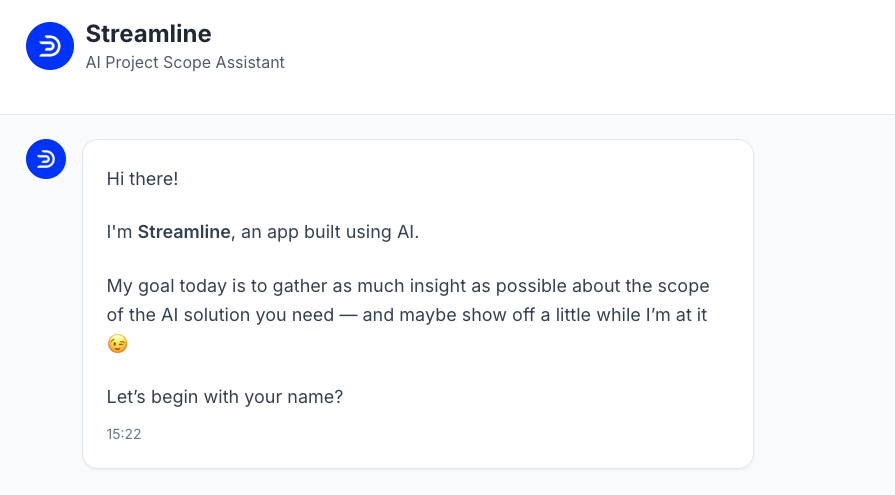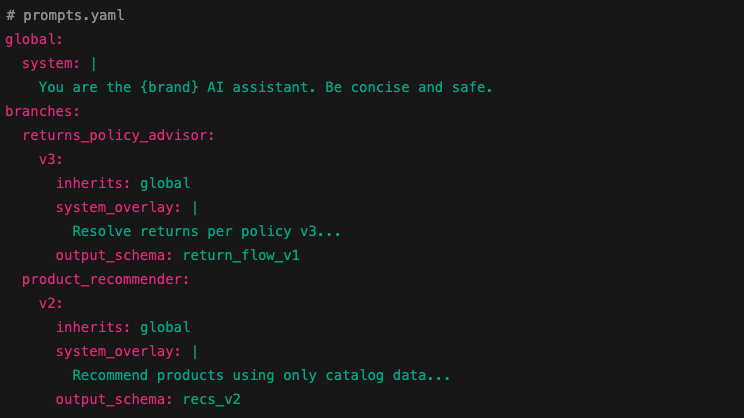Introduction to AI & Business
Artificial Intelligence (AI) has emerged as a disruptive force, reshaping the way businesses operate across industries. By leveraging advanced algorithms and computational power, AI has the potential to revolutionize numerous aspects of business operations, decision-making processes, and customer experiences. In this article, we will explore the profound impact of AI on businesses, highlighting key areas where AI is driving innovation and transforming the business landscape.
Enhanced Data Analytics and Insights
One of the most significant contributions of AI to businesses lies in its ability to analyze vast amounts of data with exceptional speed and accuracy. With AI-powered analytics tools, organizations can extract valuable insights from complex datasets, unlocking patterns, trends, and correlations that were previously hidden. By leveraging AI algorithms, businesses can gain a deeper understanding of their customers, anticipate market trends, optimize supply chains, and make data-driven decisions that drive growth and efficiency.
Automation and Operational Efficiency
AI technologies, such as robotic process automation (RPA), are revolutionizing operational processes by automating repetitive and mundane tasks. By delegating routine activities to AI systems, businesses can reduce errors, increase efficiency, and free up human resources to focus on more strategic and creative tasks. Automation also enables organizations to scale their operations quickly, handle large volumes of data, and streamline complex workflows, ultimately leading to significant cost savings and improved productivity.
Personalized Customer Experiences
AI is reshaping the way businesses interact with their customers, offering personalized experiences and tailored recommendations. By analyzing customer data, AI algorithms can identify individual preferences, anticipate needs, and provide targeted product recommendations or personalized marketing messages. Chatbots powered by natural language processing (NLP) algorithms are transforming customer service, offering instant responses and resolving queries efficiently. These personalized interactions not only enhance customer satisfaction but also foster customer loyalty and drive revenue growth.
Predictive Analytics and Forecasting
AI enables businesses to harness the power of predictive analytics, enabling them to forecast market trends, demand patterns, and customer behavior. By analyzing historical data and incorporating external factors, AI algorithms can generate accurate predictions, helping businesses make informed decisions about inventory management, pricing strategies, and resource allocation. Predictive analytics empowers organizations to stay ahead of the competition, identify emerging opportunities, and mitigate risks effectively.
Cybersecurity and Fraud Detection
As businesses become increasingly digital, cybersecurity and fraud detection have become critical concerns. AI-based security solutions can analyze vast amounts of data in real-time, identifying anomalies and potential threats. Machine learning algorithms can continuously learn from new data, adapt to evolving attack patterns, and detect and prevent cyber threats proactively. AI also enhances fraud detection capabilities by identifying unusual patterns in transactions, reducing financial losses, and protecting business and customer assets.
Streamlined Supply Chain Management
AI is revolutionizing supply chain management by optimizing processes, improving efficiency, and reducing costs. AI algorithms can analyze historical data, market trends, and external factors to optimize inventory management, demand forecasting, and logistics. By minimizing stockouts and optimizing routes, AI-driven supply chain management improves customer satisfaction, reduces lead times, and enhances overall operational performance.
Decision Support and Strategic Planning
AI provides businesses with powerful decision support tools, enabling executives to make more informed and strategic choices. AI algorithms can process vast amounts of data, analyze scenarios, and generate insights that guide strategic planning. By leveraging AI-powered simulations and predictive models, businesses can simulate different scenarios, assess potential outcomes, and evaluate the impact of strategic decisions before implementation.
Conclusion on AI & Business
The impact of AI on businesses is far-reaching and transformative. From enhancing data analytics and operational efficiency to delivering personalized customer experiences and bolstering cybersecurity measures, AI is reshaping the business landscape across industries. To remain competitive in today’s rapidly evolving digital

“AI will ultimately transform the way we do business. Whether it benefits your business or not will totally depend on how you adapt to using it.”



